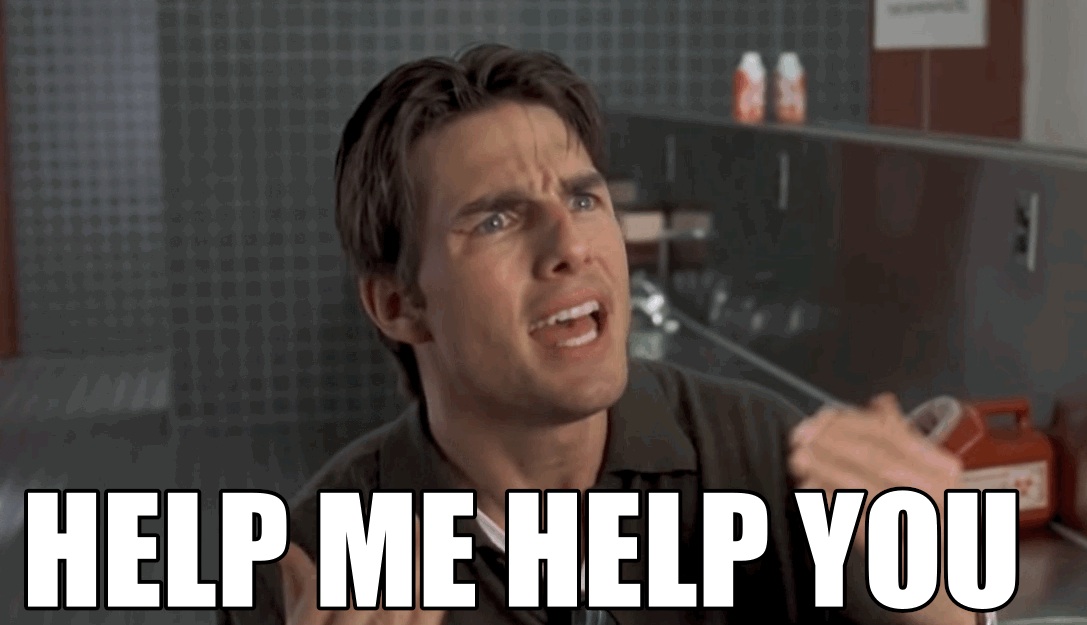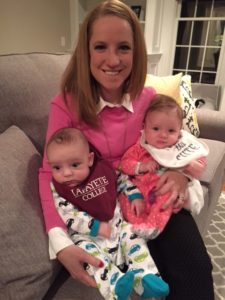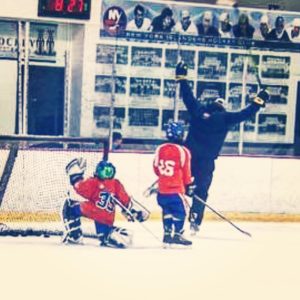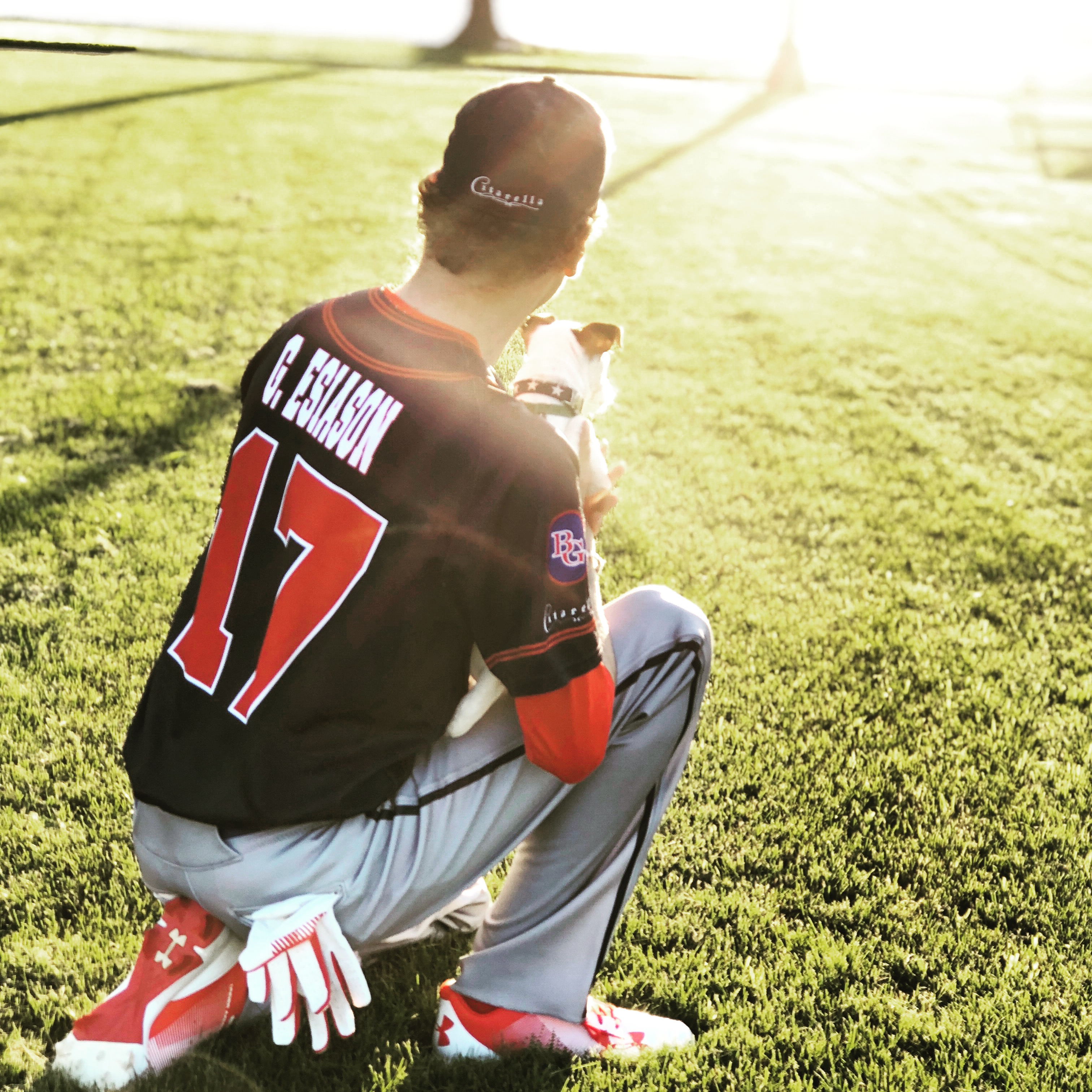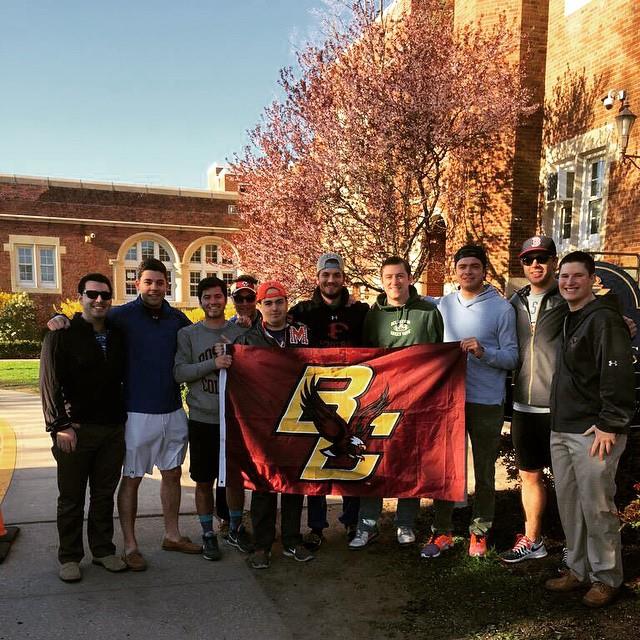Last week Julia Rae and I invited Marge Carfora, 34 with cystic fibrosis, onto the Making it Matter Podcast to talk to her about her amazing path through life 13 years post double lung transplant. Since being transplanted near the turn of the millennium, Marge has faced a number of complications associated with post transplant life. She has beaten back PTLD (Posttransplant lymphoproliferative disease), Cervical Cancer and most recently Breast Cancer.
You’ve read that right; Marge has CF, received a double lung transplant in her early twenties and since then has beaten cancer three times. Through all of it, though, she’s gotten married and now has two twin babies!
You should really listen to the podcast if you haven’t already.
I asked her how she’s been able to get through all of it and what she said to me has really resonated.
She said that she’s never hesitated to ask for help.
Her family and friends have been there for her in thick and thin, including when she had to move to New Orleans to prepare for transplant. In the moment, Marge’s sister dropped everything to move to a brand new city across the country to be her greatest supporter.
I totally agree with everything Marge had to say. It is okay to ask for help.
People with cystic fibrosis are given an enormous burden (and so are their families and friends for that matter) and sometimes it can be too much for a single person to handle. The routine building, future planning and decision making can drive someone to the edge, especially when there are other people relying on us.
From an early age people with CF are programed to be able to make decisions in times of relative calm or crisis while balancing care. An overnight, for example, has a lot of moving parts for a person with CF. For a kid, does the host family know the importance of treatment time and oral meds? For an adult, alumni weekend at the old college town doesn’t entail a single overnight bag, rather it includes nebulizers, the Vest and all accompanying medications (refrigerated or not).
Now take either scenario and throw in a fever or a hemoptysis.
The patient has to be able to react with or without the people around him.
Simply put, if we disregard our care for even one night (treatments, oral medications, tube feeds and supplements) we can be paying for that decision for two weeks – attached to an IV pole.
Try putting that on a person for an entire lifetime. Then throw in social circles, jobs, school, sports teams, leadership positions, relationship building and whatever else life may throw our way
Now I’m not saying people need to shy away from these experiences, or that planning and looking forward should be a barrier to anything, rather I’m just pointing out that these are realities that we deal with. They are also certainly points of emphasis that only someone living with CF or someone who lives with a person dealing with CF could actually understand, for the time and effort that goes into care is far beyond the words I can offer in a 1000-word blog post. Ultimately the patient and his immediate support system are really the ones who this falls upon every day.
People with CF have to absolutely rely on their parents more than the average person. That’s who I lean on when times are tough, and really the two people I have really needed to lean on since I graduated college after my health dipped down. But I think people with CF and other chronic illness should be able to look beyond their parents and medical team for support. It’s okay to rely on friends in times of need.
So how can we convince someone who has been programmed to take self-care to the extreme to lean on someone else?
Whether or not we want to admit it, people with chronic illness are wound up pretty tightly, and I think it’s because we know we are living with a ticking time bomb inside us. And for better or for worse, that time bomb is there for the entirety of our time here on Earth.
Our constant training to deal with crisis and self-care never really factors how to include someone else in the care (and that includes our parents). It’s hard to ask for help, but I think the answer to this is learning to take a risk. We have to take the risk to trust someone when we cannot get the job done ourselves. It’s okay to do that. You’re not always going to be able to care for yourself, and your parents may not be there in the moment to help. I learned that the hard way in college. There were several times when I needed my friends to be there for me in the thick of a CF issue, whether it was suffering from extreme dehydration after throwing up or when my feeding tube fell out.
I recently advocated to the mother of a son with CF that her son’s high school coaches will have to understand the importance of critical care and daily maintenance. In order for the son to best succeed in high school sports (where winning matters), her son will have to learn to lean on his coaches and teammates just as much as his coaches will have to learn to understand the complexities of cystic fibrosis. It’s important for her son’s coaches to know what they are dealing with so they can learn that this mother’s son with CF can compete on a level playing field. When I was growing up, my parents made sure that every single one of my hockey and football coaches understood what I was going through and how best to help me. In turn I always had great, and open, relationships with my coaches, and I think that’s ultimately what inspired me to become a coach later in life.
Vulnerability should be a “normal” feeling for people with chronic illness, since after all illness and vulnerability walk hand in hand. But just like it can be for anyone else, vulnerability is difficult for us to wrap our heads around, and that is what is going on in the example with mother and her son with CF. I think first we need to accept moments of concern and approach them in force with help from different angles. As Marge said in the podcast last week, “it really does take a village.”
That village starts with the patient’s parents and siblings. They HAVE to be solid from the start and to see the fight all the way through – it is their inherent responsibility. Family first! From there the support system extends to the rest of the family, close friends, significant other and the CF medical team. Over time care will transition to the spouse, and then finally the patient’s kids will join the fight.
I’m sure little Gunnar Jr. will do an excellent job!
Seriously, though, I want to look to Prince Harry as an example here. He recently opened up about how he buried his feelings about the death of his mother. Those feelings really took over his life as he got older, and he paid the price for it. He found help and was able to move through some real turbulence. Read the article in the link if you want to see that develop further.
I think that’s what people with CF, chronic illness AND our supporters need to be able to do. Seek help when help is warranted.
It’s a two way street for people with CF and their support systems. My friends need to be able to lean on me just as much as I need to be able to lean on them, and that has to be felt throughout the entire support system – from hypothetical Gunnar Jr. to my parents and sister.
It’s easier to do this together than it is alone. That much I can promise you.

